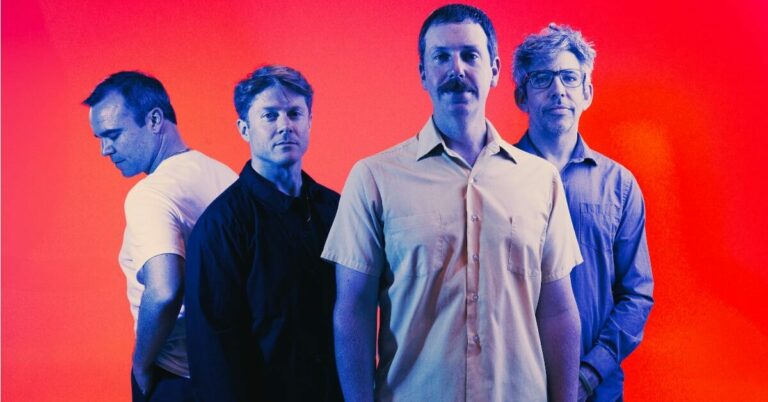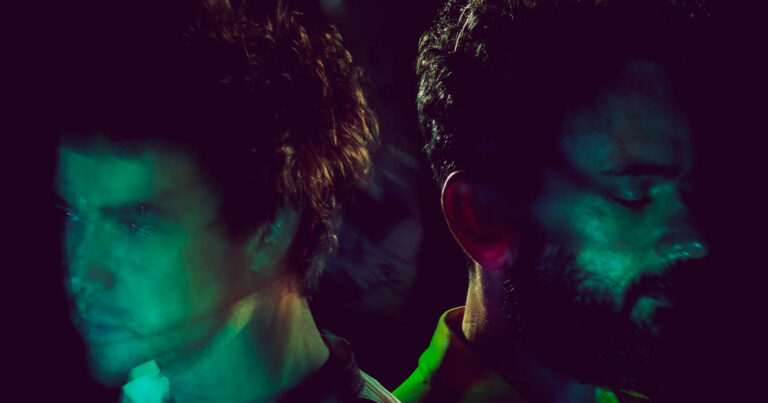Today we’re taking a peek into why gaming is such a wildly popular pastime. Grab your joystick, mouse, or whatever your weapon of choice is, and let’s dive into this pixelated world.
The Great Escape
Outside, the world hustles and bustles with the mundane, but inside your screen lies a universe of endless possibilities. Gaming is the ultimate escape hatch from the boredoms of daily life. It’s where you can scale mountains in Skyrim, swing through New York City as Spider-Man, or build an entire civilization from scratch. This digital escapism isn’t just about running away from reality; it’s about embracing a world where the only limits are your imagination and maybe your GPU’s processing power.
The Thrill Of Victory
There’s something deeply satisfying about overcoming challenges, especially in the gaming world. Every boss defeated, every level up, every quest completed feels like a personal triumph. Remember the time you finally beat that Dark Souls boss after the umpteenth try? That wasn’t just a win; it was a rite of passage. Gaming teaches us that persistence pays off, and the thrill of victory is often proportional to the difficulty of the challenge. Plus, let’s not forget the bragging rights that come with these victories. “Oh, you climbed a real mountain? That’s cute, I defeated Malenia in Elder Ring.”
Social Butterflies In The Gaming World
Remember LAN parties? Or the first time you put on a headset and teamed up with people from around the world? Gaming creates communities, friendships, and sometimes even rivalries (looking at you, player always camping in PubG). It’s where introverts and extroverts alike can find common ground, where friendships are forged in the fires of cooperative play or competitive matches. Gaming is the new town square, a place where people gather not just to play, but to share stories, strategies, and the occasional good-natured trash talk.
A Story Better Than Your Favorite Book
Ever played a game that had you so hooked you thought about it even when you weren’t playing? That’s the power of storytelling in games. Unlike movies or books, games put you in the driver’s seat of the narrative. You’re not just watching a hero’s journey; you are the hero. The choices you make, the paths you choose, all weave together to create a tale that’s uniquely yours. Whether it’s the complex narrative of The Witcher series or the emotional journey in The Last of Us, these stories stay with us long after we’ve turned off the console.
Skills To Pay The Virtual Bills
Let’s not forget the real-world skills gaming can hone. Think about it – managing resources and building cities in games like Civilization or SimCity isn’t too far off from project management skills. Those fast-paced FPS games? Hello, improved hand-eye coordination and split-second decision making. Even MMORPGs, with their focus on team-based objectives and social interaction, can teach us a thing or two about teamwork and leadership. So next time someone questions the hours you spend gaming, just tell them you’re in the middle of an intense skill-building session. It’s not just a game; it’s personal development, one level at a time.
The Collector’s Joy
Ah, the sweet satisfaction of collection! Every gamer knows the thrill of finding that rare item. It’s like digital treasure hunting. Each new item is a trophy, a testament to your dedication (and maybe a bit of luck). Whether it’s Pokémon or rare skins in CS:GO, there’s a certain pride in having something others don’t. It’s the gamer’s version of having a rare stamp collection or unique antiques, only cooler because you can show them off in a virtual world. Plus, there’s always that one item that eludes you, keeping you coming back for more. It’s not just collecting; it’s an endless quest for the holy grail of gaming loot.
Patience, Not Just A Card Game
In the world of instant gratification, gaming throws a curveball with titles like Patience. It’s not just a card game; it’s a metaphor for the strategic planning and forethought that many games require. This isn’t about mindless clicking or grinding; it’s about calculated moves and playing the long game. It’s a reminder that sometimes, slowing down and thinking ahead can be just as thrilling as the fast-paced action games. Plus, there’s something oddly satisfying about aligning those cards in perfect order, a small oasis of calm in the high-energy world of gaming.
A Challenge For The Brain
Games are the brain’s gym. They’re where cognitive skills do their heavy lifting. Puzzle games like Portal or strategy-heavy games like StarCraft demand critical thinking, problem-solving, and adaptability. These games don’t just entertain; they sharpen the mind. They’re like mental Sudoku, but more fun, with better graphics. Each challenge conquered is a neuron trained, each puzzle solved is a bit of mental agility gained. And let’s be honest, there’s a certain smug satisfaction in outsmarting a particularly tough game. It’s not just playing; it’s brainpower flexing.
The Ever-Changing Landscape
The gaming world is a shape-shifter. It’s always evolving, with new technologies, genres, and experiences emerging constantly. Remember when VR seemed like sci-fi? Now, it’s here, and it’s spectacular. This constant evolution keeps gamers on their toes. You never know what’s coming next – a game that pushes the graphic boundaries, a new indie darling that takes the world by storm, or a technological innovation that changes the way we play. This ever-changing landscape isn’t just exciting; it’s a testament to human creativity and ingenuity, all packed into the world of gaming.
The Nostalgia Factor
Nostalgia in gaming is like comfort food for the soul. It’s revisiting those cherished memories of blowing into cartridges, battling 8-bit bosses, or hearing that iconic game startup sound. Retro gaming isn’t just about replaying old games; it’s about recapturing moments in time. It’s a bridge between past and present, reminding us of our gaming roots while appreciating how far we’ve come. And the beauty is, these games have a timeless charm; they’re as much fun today as they were back then. They remind us that, at its core, gaming is about joy, wonder, and a touch of whimsy.
So there you have it, 10 reasons why gaming is the go-to pastime for millions. Whether it’s the thrill of the adventure, the joy of collecting, or just the need to escape reality for a bit, games offer something for everyone. If you’ve never tried it, give it a go. You’d be surprised at how amazing the world of gaming can be.












